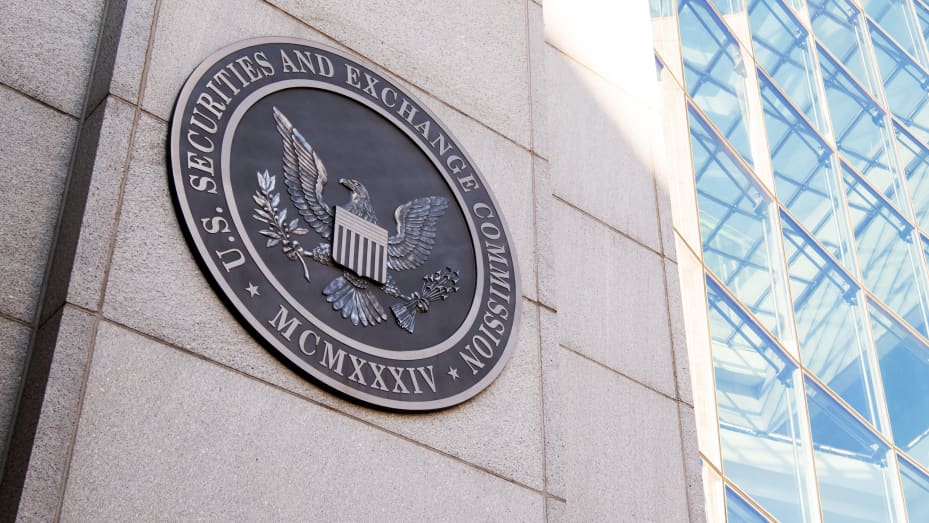Highlights:
- The new proposals would require U.S. public companies to disclose climate risks associated with their business.
- Certain climate-related financial metrics must be disclosed, as well as its associated targets/goals.
WASHINGTON – On March 21st, 2022, U.S. regulators at the Securities and Exchange Commission (SEC) outlined new climate-change proposals. The new proposals would require U.S. public companies to report on GHG emissions and its risks associated with climate-change.
The new proposals would be the first time that U.S. regulators would require public companies to disclose information on climate risks. The proposed changes will include certain climate-related risks, in its registration statements and periodic reports. This may include disclosures on Form 10-K.
Proposed Rule Amendments
- Climate-related risks and their actual or material impacts on the registrant’s business, strategy, and outlook.
- The registrant’s governance of climate-related risks and relevant risk management processes.
- Disclosure of the registrant’s greenhouse gas (“GHG”) emissions.
- Certain climate-related financial statement metrics and related disclosures in a note to its audited financial statements.
- Information about climate-related targets and goals, and its transition plans.
Mandatory climate-change disclosure talks emerged in February 2021. Later, the SEC announced a statement on the review of climate related disclosures. Following the proposed announcement of disclosures, an enforcement task force was launched focused on climate and ESG issues.
This new regulatory framework would cause fundamental changes to the SEC’s disclosure policies. Commissioner Hester M. Peirce voiced her concerns about the new proposal on climate-changes disclosures.
‘’The proposal, however, will undermine the existing regulatory framework that for many decades has undergirded consistent, comparable, and reliable company disclosures. We cannot make such fundamental changes to our disclosure regime without harming investors, the economy, and this agency’’, Peirce said in a statement.
Nonetheless, Peirce voiced her concern about certain information missing from the proposal. Some of this missing information included a credible rationale for the prospective framework, a materiality limitation, an adequate statutory basis, and an honest depiction of the conseuquences to investors, the economy and the SEC. As a result, this new 534-page proposal will need further review.
Climate-Change Risk Proposals
The new proposed rules would require public companies to disclose information on climate-related risks by the registrant’s board and management. The registrant must also disclose certain climate-related financial metrics, and how climate risks might affect the company’s business model and outlook.
If the company has a risk management strategy, it must also disclose a detailed description of the plan and its relevant targets/metrics. The proposal would require information about a company’s internal carbon price. Furthermore, registrants must also disclose information on the impact of climate-related events (severe weather events and other natural conditions).
Under the new rules, the SEC would require registrants direct GHG emissions (Scope 1) and indirect GHG emissions (Scope 2), to be disclosed separately. Indirect emissions from upstream and downstream (Scope 3), would require reporting if material. Additionally, they will require the disclosure of carbon offsets or renewable energy certificates (‘’RECs’’).
Scope 3 Emissions
Measuring and tracking Scope 3 can be a difficult endeavour. For example, Starbucks is a company that is heavily focused on its sustainability targets that works with a large number of suppliers. Without the relevant data and disclosure of certain information, it can be difficult to track Starbucks total GHG emissions in absolute terms.
Scope 3 can hopefully address these inefficiencies shining more light to ‘’greenwashing’’ and more transparent climate-risk disclosure policies. After all, climate-risk rules and disclosures can help us transition to a more sustainable future.
You can view the SEC’s climate-disclosure fact sheet here.









